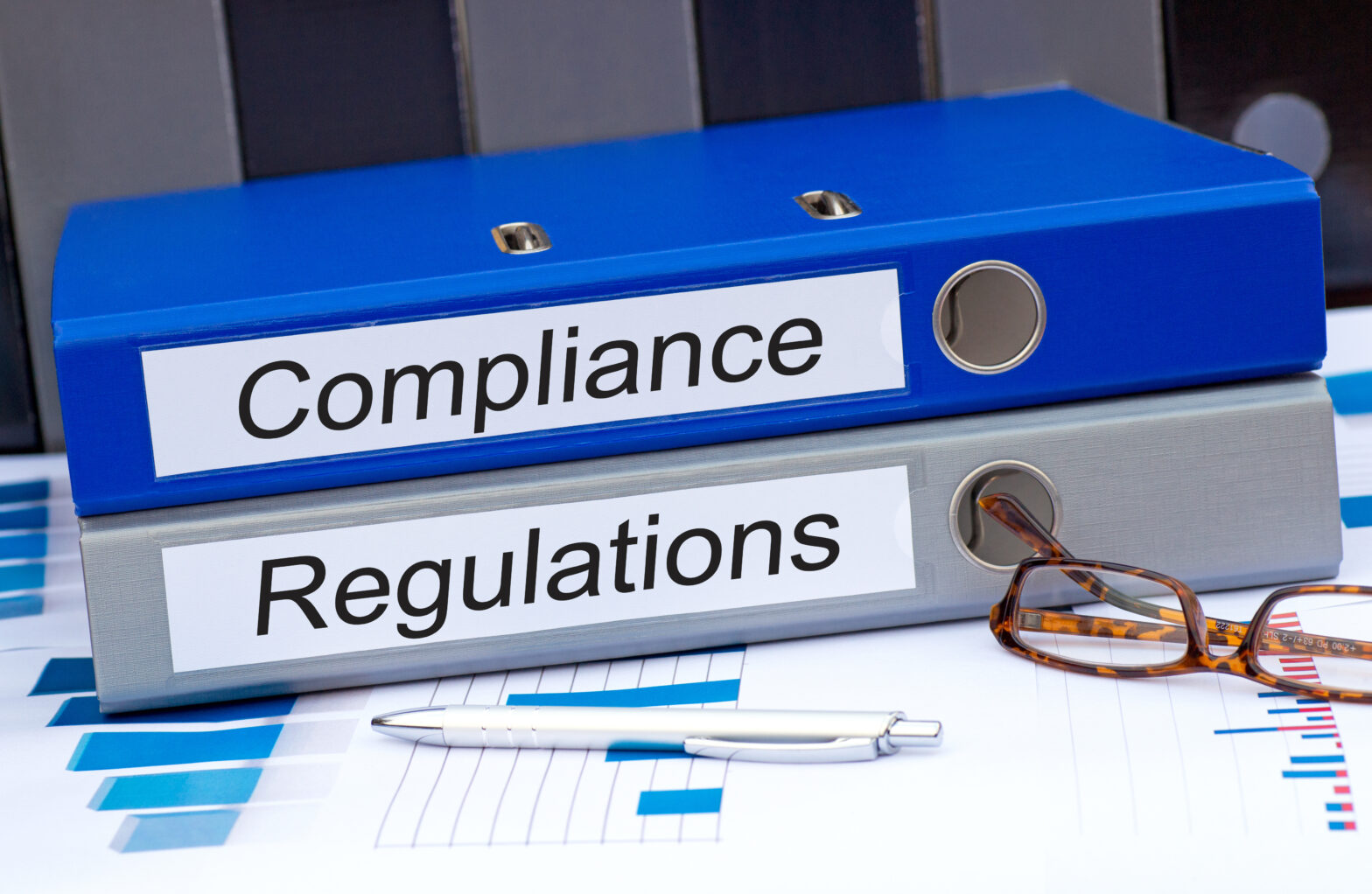There is a lot of organisation involved when starting your own business and the legal requirements involved can be confusing. By researching and planning the set-up in advance you can ensure that your business will run smoothly from the start.
Related: The complete checklist on starting a business the simple way
Select a Legal Structure
The legal structure that you choose for your business will determine which paperwork you need to complete, the taxes you are required to pay and how you distribute profits or deal with losses.
The most common types of business structures are:
Sole Trader – A sole trader runs their business as an individual and keeps all of the profit made by the business once the correct taxes have been paid. A Self Assessment tax return form must be completed each year and both Income Tax and National Insurance must be paid.
A sole trader can employ others to work for them but they assume personal responsibility for the business, including any losses that are made or debts accrued.
Limited Company – The responsibility for a limited company lies with the company itself and not with the owners. The owners will hold shares in the company and they will delegate its running to the Directors. Providing that the company is run lawfully, those involved are only financial liable for the amount that they have invested in the company.
All limited companies must be incorporated and registered with Companies House; following this they will receive a Certificate of Incorporation which confirms the legal existence of the company. Every financial year a limited company must provide an annual return to Companies House, a Company Tax Return to HMRC and put together statutory accounts. Statutory accounts are put together using the company’s financial records.
Business Partnership – In a business partnership the responsibility for the business lies with the business partners, who share the profits and pay their own taxes. This means that should the business incur any losses, the partners are personally responsible for these like a sole trader.
One partner must complete a partnership Self Assessment tax return on behalf of the business, and each partner must complete their own personal Self Assessment tax return. The partners are also required to pay National Insurance and Income Tax on their share of the business’ profits.
Intellectual Property Protection
Intellectual property refers to any creative work which you produce, including designs, inventions, brand names and website or printed copy. Should someone use your intellectually property without your permission this could result in damage to your brand’s reputation and financial losses.
Intellectual property can be protected in a number of ways depending on the nature of the work involved. Common forms of business intellectual property include copyright, patents and trademarks which can prevent anyone else from using them. It is best practice to make your intellectual property known to as few people as possible until it has been protected.
Keeping Records
In order to send accurate Self Assessment tax returns it is important to keep up to date records of your business’ finances. You may need to provide evidence to HMRC following the submission of your return if they require further details, so having your records in order makes this process much easier.
Your records can be kept digitally, in files or you may choose to use a software program which will help you to organise the information that you need. It is advisable to make copies of any documents that you have, such as invoices or bank statements, in the event that your records are lost or damaged. Also, remember to back up your records if you are storing them digitally. Most accountants will undertake this service for you.
Business Insurance
There are many different types of business insurance for you to consider when starting your own business:
Professional Indemnity insurance – If your business will be providing advice or a service to people, professional indemnity insurance (PMI) will protect you, should your client suffer a financial loss as a result of a mistake by you. A good PMI policy will protect you against compensation claims and legal costs associated with the case.
Shop insurance – When you own a shop it is important to protect it from anything which could result in loss or damage of your premises or stock. Shop insurance can also cover any loss of earnings that you may face due to a disaster.
Tradesman insurance – To protect yourself when working in a customer’s home, you should take out tradesman insurance. This means that should your work cause any damage or injuries you will be covered by your insurer. You may also want to take out insurance for any expensive tools that you use, as well as personal accident cover in the instance that you sustain an injury at work which results in loss of earnings.
This article was written by Slater Heelis, a Manchester based solicitors firm. Slater Heelis offer legal advice and service to private and commercial clients as well as not-for-profit organisations.






